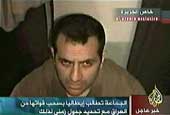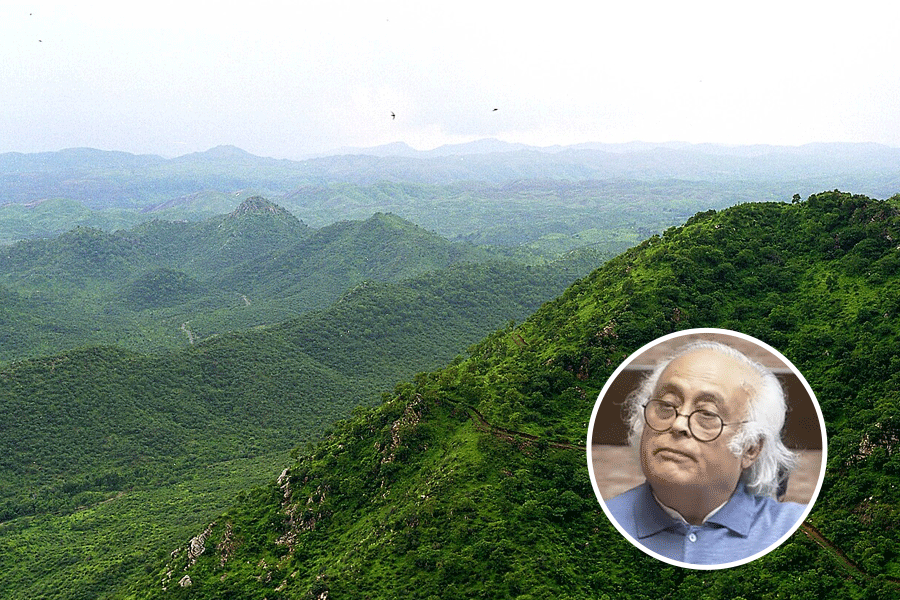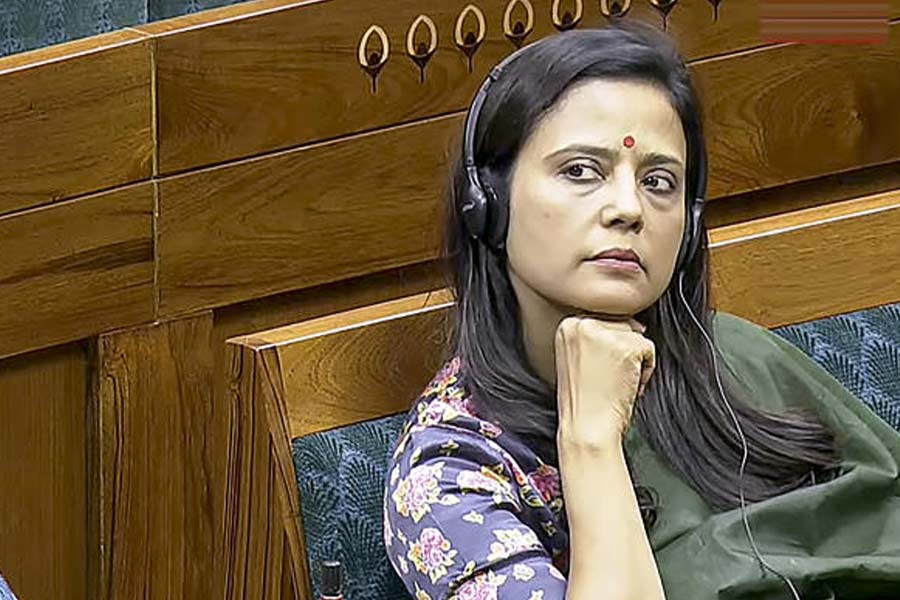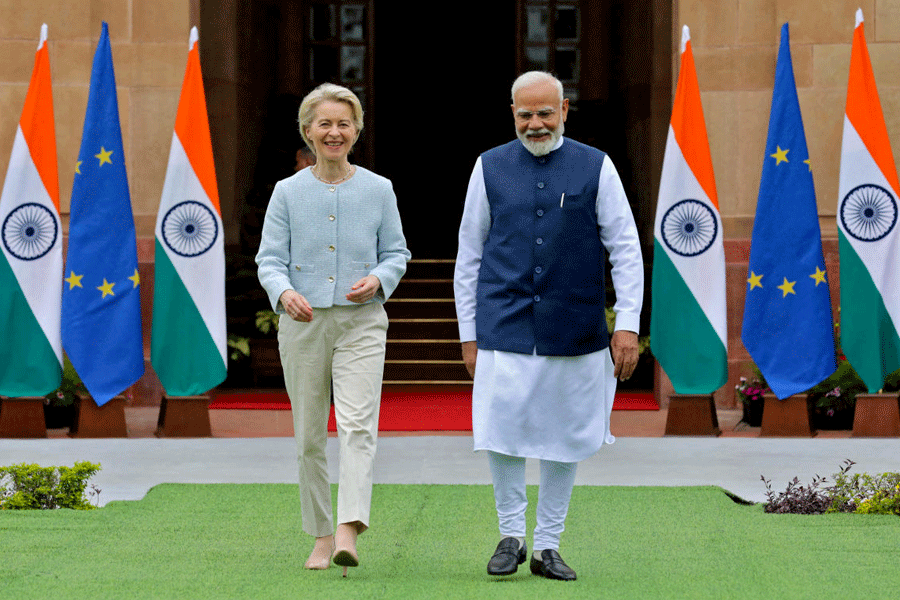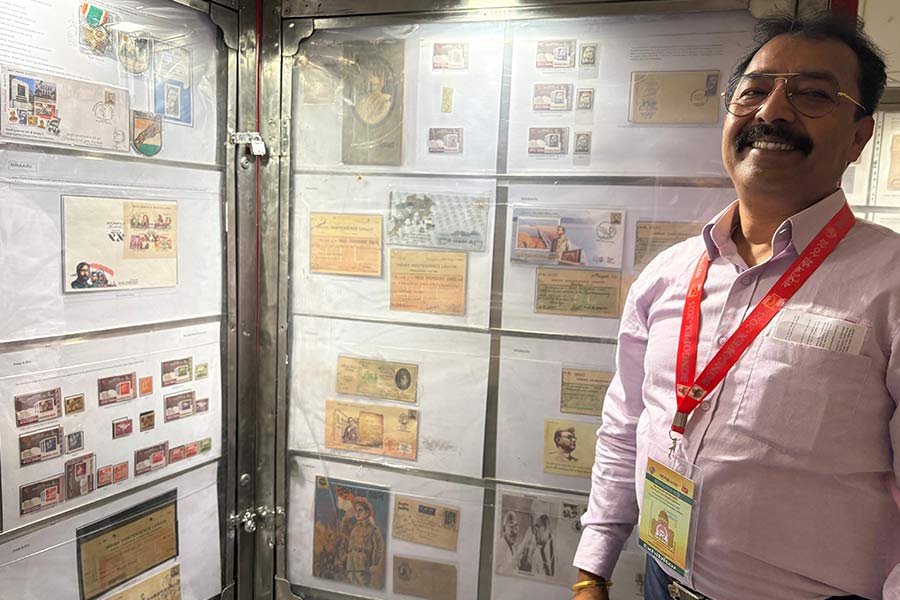| Status: Murdered |
 |
| Status: Released |
 |
| (Top) Al Jazeera TV pictures show private security guard Fabrizio Quattrocchi, who was killed by his captors, and Japanese civilians Nahoko Takato (above left) and Noriaki Imai, who were released. (AFP, Reuters) |
Baghdad, April 15 (Reuters): Three Japanese hostages were freed in Iraq today, but the murders of an Iranian diplomat and an Italian captive were chilling proof of the risks foreigners face as rebels battle the US-led occupation.
America’s top general said talks were under way to try to bring peace to the besieged Sunni city of Falluja and to avoid a bloodbath in the Shia shrine city of Najaf.
General Richard Myers, chairman of the joint chiefs of staff, said Iraq’s US administrator Paul Bremer was using “multiple channels” in the negotiations. “Ambassador Bremer is deeply involved and Iraqi officials are deeply involved with him in this effort. There are other groups without official status which are trying to help.”
The three Japanese, apparently well, were handed over to a Sunni organisation in Baghdad which has been facilitating hostage releases, then driven to the Japanese embassy. The two men and a woman were captured last week. Two more Japanese civilians have been reported missing near Baghdad.
A leader of the Muslim Clerics Association, Harith al-Dari, said the group had no direct links with the kidnappers and was seeking the release of all foreign civilian hostages.
Insurgents enraged by the US siege of Falluja, where more than 600 people were reported killed in last week’s fighting, have kidnapped dozens of foreigners, mostly in the Sunni heartlands west of Baghdad. Many hostages have been released.
The three seized last week are Noriaki Imai, 18, who wanted to research the effects of depleted uranium weapons, journalist Soichiro Koriyama, 32, and aid worker Nahoko Takato, 34. Their captors had threatened to burn them alive if Japan did not withdraw its troops from Iraq. Japan rejected the demand.
Italy has also vowed to keep its troops in Iraq despite the murder of one of four Italian hostages held there. “They have destroyed a life. They have not cracked our values and our efforts for peace,” Italian Prime Minister Silvio Berlusconi said after the killing of Fabrizio Quattrocchi.
Underscoring the lawlessness sweeping Iraq, an Iranian diplomat was killed near the Iranian mission in Baghdad. Iran state television named him as first secretary Khalil Naimi.
A Reuters correspondent saw a body slumped in a car with at least two bullet holes in it, smashed against a lamp-post. “We have been told that he was driving his car to go to the embassy and three men drove up and shot him,” an Iranian official said.
An Iranian delegation has been in Iraq to help mediate between US-led authorities and Shia cleric Moqtada al-Sadr.
Iran said Naimi’s killing would not derail that mission, but bitterly attacked Washington’s “childish policies” in Iraq.
“The only way of resolving the crisis in Iraq is for the occupiers to leave the country and trust the country to Iraqi people,” foreign ministry spokesman Hamid Reza Asefi said. US troops are poised around Najaf, where Sadr is holed up. The US has vowed to kill or capture the cleric and destroy his militia, which launched an uprising this month.
Bowing to Shia clerics anxious to avoid any battle in the city, Sadr has offered unconditional talks, a negotiator said.
Iraq’s top Shia cleric, Ayatollah Ali al-Sistani, has warned Bremer via Shia members of Iraq’s governing council that Najaf is a “red line” which US troops should not cross.
In Falluja, residents said US planes struck targets in several areas overnight. Fighting calmed after daybreak, though Marine tanks opened fire after a rebel attack outside the town and four insurgents were killed 16 km to the north.
Residents said mosques had broadcast loudspeaker appeals for police to return to duty and some had responded. Iraqi mediators have been trying to bolster a truce in the town, but Myers said talks could not go on for ever. “I think we have to be prepared... that there may be further military action in Falluja,” he said, without spelling out US terms. Marines attacked rebels in the town after the murder and public mutilation of four US contractors there.
Al Jazeera received a videotape of the Italian private security guard's murder, which it said was too bloody to screen.
The execution followed a kidnap spree that has snared foreigners from a dozen countries this month, Iraq’s bloodiest period since Saddam Hussein was ousted a year ago. It was the first such publicised killing.

